A chemist trying to figure out the chemical composition of the soda she is drinking
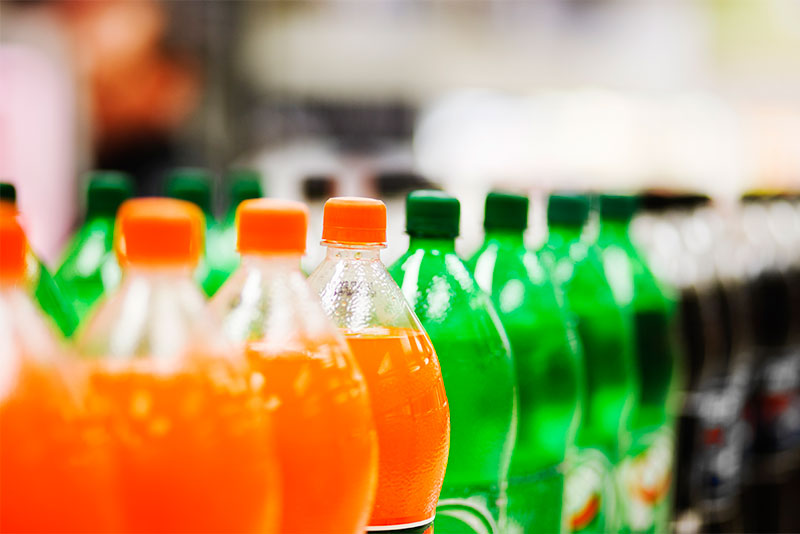
What is an Analytical Chemist
Name the components of the scientific method.
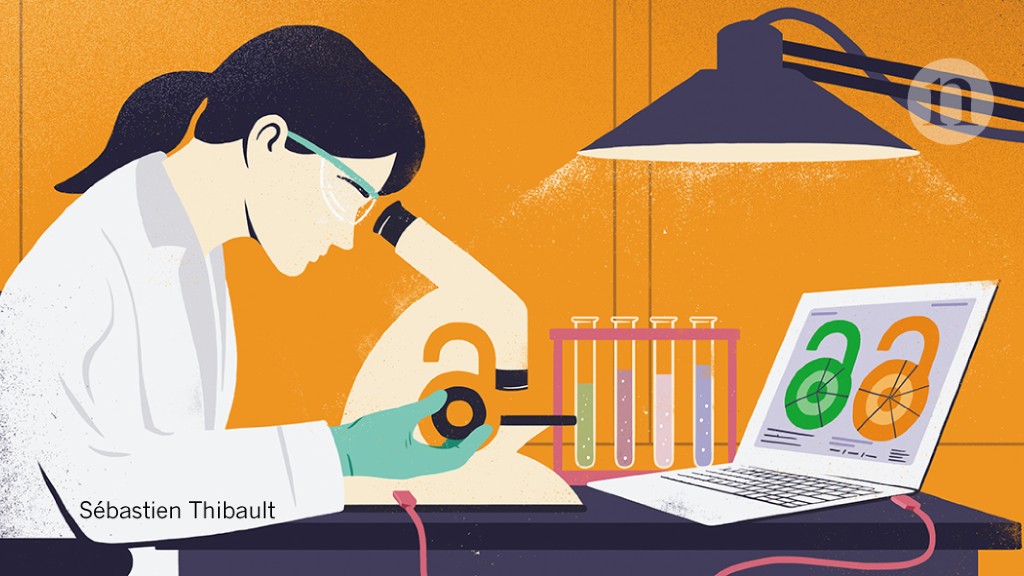
Observation, hypothesis, Collect Data, Analyze Data , Conclusion
How would you read the following measurement?
:max_bytes(150000):strip_icc()/meniscus01-58b5b2c03df78cdcd8ab8299.png)
23.9 or 24.0
2.3x102 cm = _____ m
100 cm=1m

2.3 m
When would you use a linear graph?
To show the rate of change!
A chemist that would want to study the venom of a rattlesnake for the purpose of finding a resistance for a living thingtwould be a:
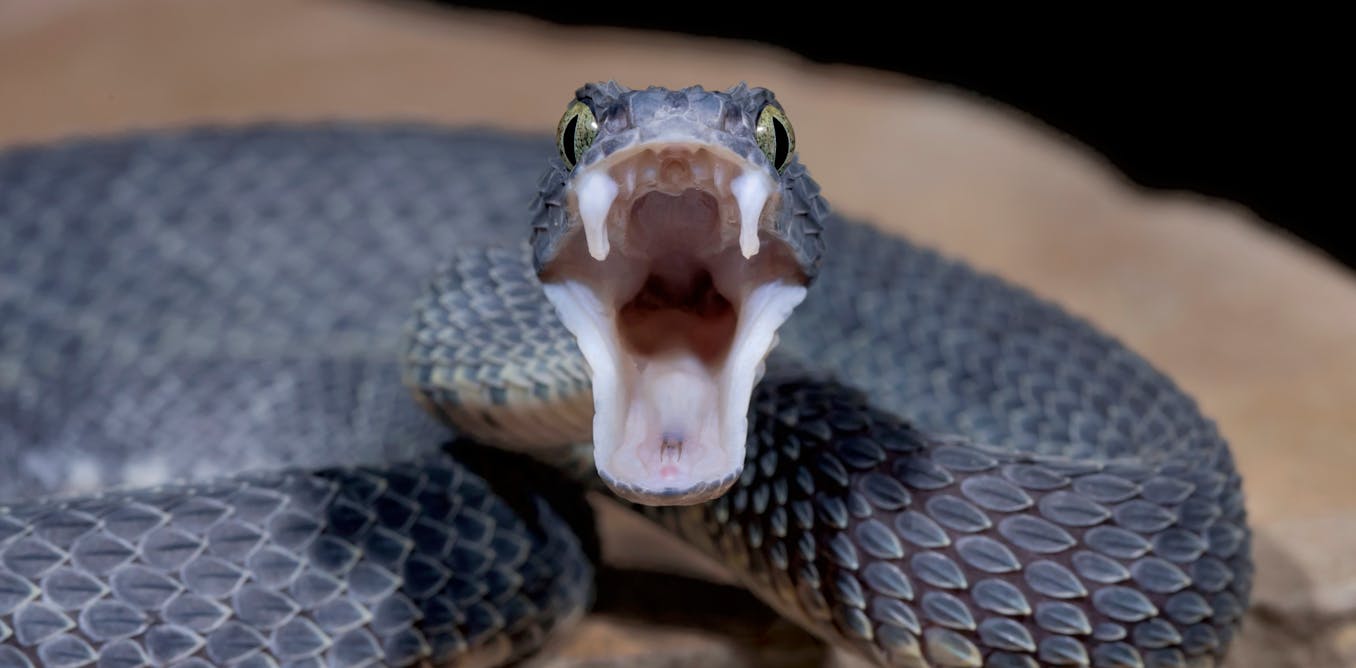
Organic Chemist
What are our five senses we use to make observations?
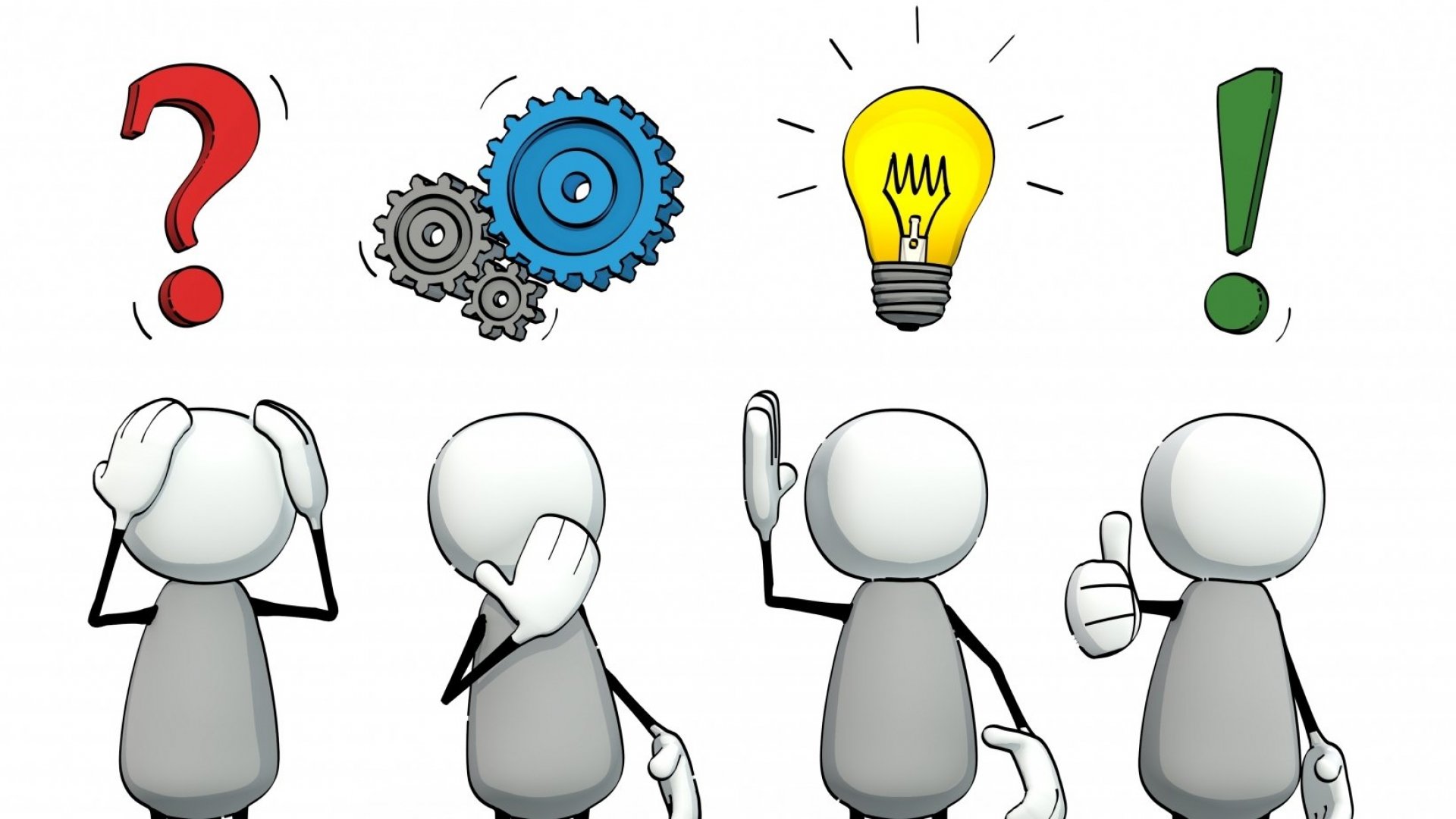
Taste, smell, touch, sight, hear
An experimental measurement was taken of 10.4mL and the actual measurement was 9.7 mL. What is the percent error?
7.2%
62.8 L= ___deciliters
10 dL = 1 L
628 dl
Why is scientific notation important
To report really small and large numbers
A chemist that will research the effects of substances such as drugs, hormones, and nutrients on biological processes
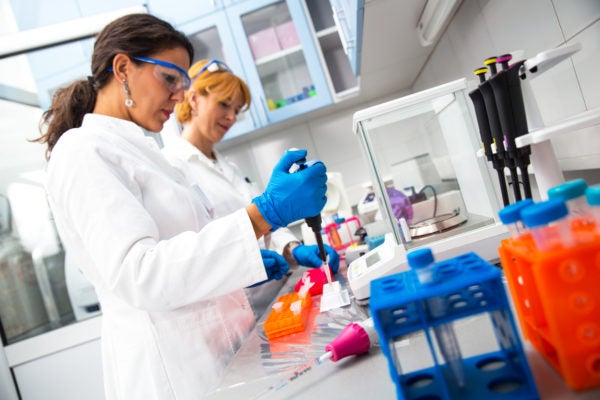
Biochemist
A researcher is studying how the temperature of a solution affects the rate of solubility. Label the dependent variable and the independent variable

Dependent: Rate of solubility
Independent: Temperature of reaction
A student estimated a mass to be 325000 mg. However, the actual mass was 342 g. What is the percent error?
1000mg=1g
4.9%
Put 0.00002389 in scientific notation
2.389x10-5
Put the following in order from least to greatest
4.1x105
5.2x10-4
1.2x10-2
2.5x109
5.2x10-4
1.2x10-2
4.1x105
2.5x109
The chemist that would study how heat changes the rate of the reaction would be:
Physical chemist
Draw a graph of the following data. Be sure to label everything!
Amount of water (mL): Plant height (in.)
10 mL 8 in.
15 mL 12in.
20mL 20in.
I'll come around!
Which student was the most accurate? Which was the most precise?

Accurate: Student A
Precise: Student C
9.24x108 meters/hours= _____km/minute
1km=1000 m
15400 km/min
Write out the following two numbers in expanded form:
3.1x105
2.3x10-3
310000
0.0023
What is matter?
Anything that has mass and takes up space
If your hypothesis is proven false, you must have done the experiment wrong. True or False
False!
The thing that measures how close your data points are to one another is:
Precision
524 mL = _____ kL
must be in scientific notation.
1000 mL=1L
1000 L = 1kL
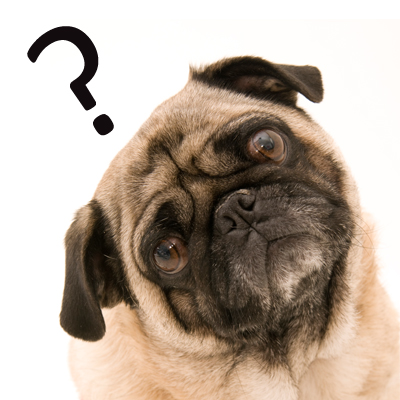
0.000524 or 5.24x10-4
What does percent error tell you about?
Tells you about the accuracy of the results. The lower the percent error the more accurate it was.